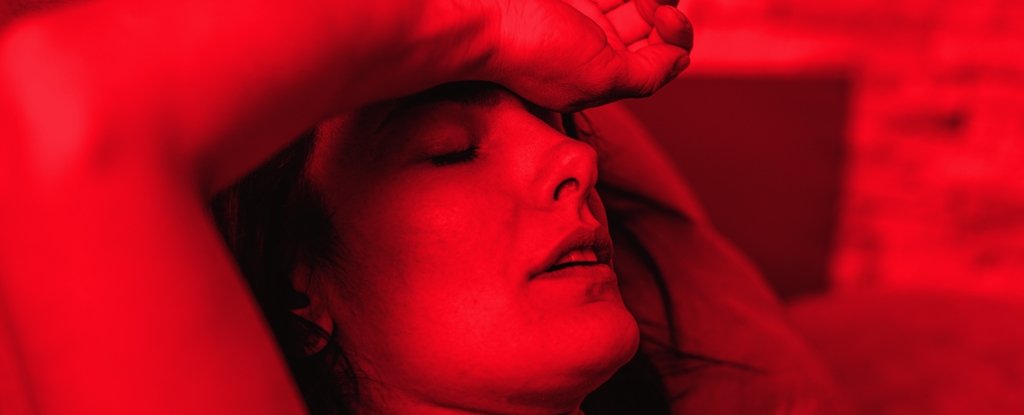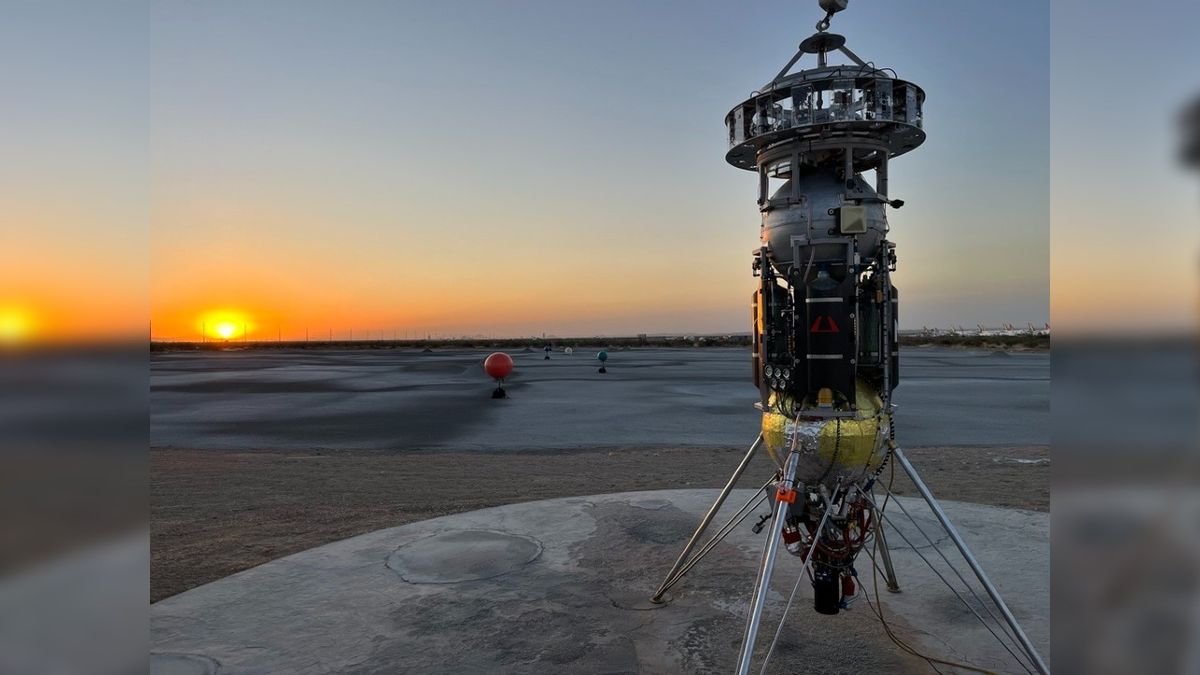The risk of suffering a stroke is significantly higher with high overnight temperatures, posing a potential health concern around the globe as the world gets warmer.
Mapping night-time temperatures against the number of stroke cases recorded in the German city of Augsburg across the course of 15 years, a research team led by the Helmholtz Munich research center in Germany found a statistically significant increase in stroke risk on days where extremely warm night-time temperatures were recorded, with older people and women particularly vulnerable.
“We wanted to understand the extent to which high night-time temperatures pose a health risk,” says Alexandra Schneider, an epidemiologist at the Helmholtz Munich. “This is important because climate change is causing night-time temperatures to rise much faster than daytime temperatures.”
A total of 11,037 clinical stroke cases seen at the University Hospital Augsburg from 2006 to 2020 were included in the study. Overall, the risk of stroke increased by 7 percent during nights categorized as “tropical”.

For the purposes of this research, a tropical night was one where the temperature remained above 14.6 °C (58.3 °F). These nights represented the hottest 5 percent of nights across the course of the study period.
There was evidence of a higher number of stroke incidents over time, too: from 2006 to 2012, hot nights were linked to two additional strokes per year, whereas from 2013 to 2020, hot nights were associated with 33 additional cases per year. That reflects increasing temperatures as the years went by.
The researchers say a variety of factors could be behind the statistics, including a greater chance of dehydration – already known to increase the likelihood of suffering a stroke. Limited access to technology such as air conditioning could also play a part.
“In summary, changes in underlying drivers from climatic factors, stroke risk factors, and socioeconomic conditions may contribute to the increased susceptibility to night-time heat-related stroke over time,” write the researchers in their published paper.
The team behind the study is hopeful that its findings can lead to improved preventative measures: hospitals can plan extra staff cover for hot nights, while the most vulnerable in a community can be made more aware of the risk.
What’s more, efforts can be stepped up to reduce the impact of urban heat islands in built-up areas at night. Previous studies have looked at various ways of reducing city heat, including strategic tree planting.
If changes aren’t made the number of cases could continue to rise, although more detailed studies across larger groups and other parts of the world are going to be needed to confirm the link.
“Our results make it clear that adjustments in urban planning and the healthcare system are extremely important to reduce the risks posed by rising night-time temperatures,” says Cheng He, an epidemiologist on the Hemholtz Munich research team.
The research has been published in the European Heart Journal.










